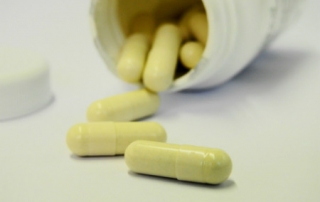Is Wellbutrin Safe During Pregnancy?
Q. I have a long history of depression and have been taking Wellbutrin (bupropion SR) for several years now. Every time I try to come off the medication, the depression comes back. I am planning to get pregnant within the next year and was wondering if it is safe to use Wellbutrin.




